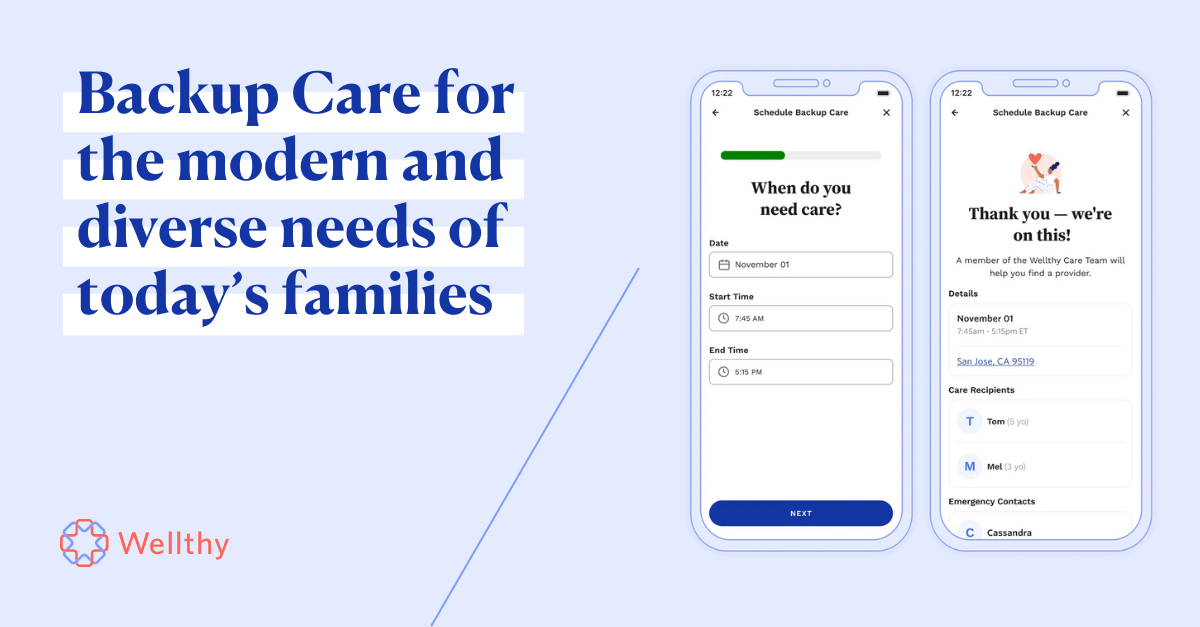On the one-year anniversary of the White House’s Executive Order on care and caregiving, the U.S. Department of Treasury and the Internal Revenue Service (IRS) announced updated guidance on work-life referral and support services — caregiving or caretaker navigational services like Wellthy — that will have a major impact on the lives of working family caregivers across the country.
In the new guidance released by the IRS as part of a “Frequently Asked Questions” fact sheet, a piece of the U.S. tax code was clarified to underscore that companies offering caregiving logistical benefits like Wellthy do not need to withhold tax from employees, or pay employment-related taxes, on the value of the benefit.
In their statement today the White House said: “Employer-provided ‘work-life referral services’ — such as services that help an employee identify a child care provider or other services aimed at assisting an employee or negotiating on an employee’s behalf — are generally considered a de minimis fringe benefit and therefore excluded from an employee’s taxable income.”
That’s massive news that will have a ripple effect across the entire care sector, as it clarifies that caregiving benefits like Wellthy should not be subject to income and employment taxes.
Wellthy’s CEO and co-founder Lindsay Jurist-Rosner was in Washington, DC today for an event at the White House, “Making Care Work,” celebrating this announcement and several other developments to strengthen the U.S. care economy.
“This clarification from the IRS and Treasury is a huge win for employees, employers, and families,” said Jurist-Rosner. “When there’s ambiguity in federal policy, it can sometimes be hard to determine how best to support working family caregivers. This updated guidance remedies this ambiguity for many employers, and is a big step forward in ensuring that families and employees can access the care support they need without worrying about additional financial burdens or strain.”Wellthy and partners with the ERISA Industry Committee (ERIC), a national trade group that advocates exclusively for public policies that support large plan sponsors, worked closely with various stakeholders within the Administration and in the broader care sector to focus on this clarification and provide the type of guidance that many employers were craving when it came to care benefits.
As ERIC’s CEO and President Eric Gelfand shared in a release, “ERIC and our member companies, large employers across the nation and representing every industry, strongly support today’s guidance, which protects family caregivers, enhances the ability of employers to support their workers during challenging times, and allows employees to remain in the workforce to support their families.”
You can view the new “Frequently Asked Questions” fact sheet from the IRS at this link: https://www.irs.gov/newsroom/frequently-asked-questions-about-work-life-referral-services







